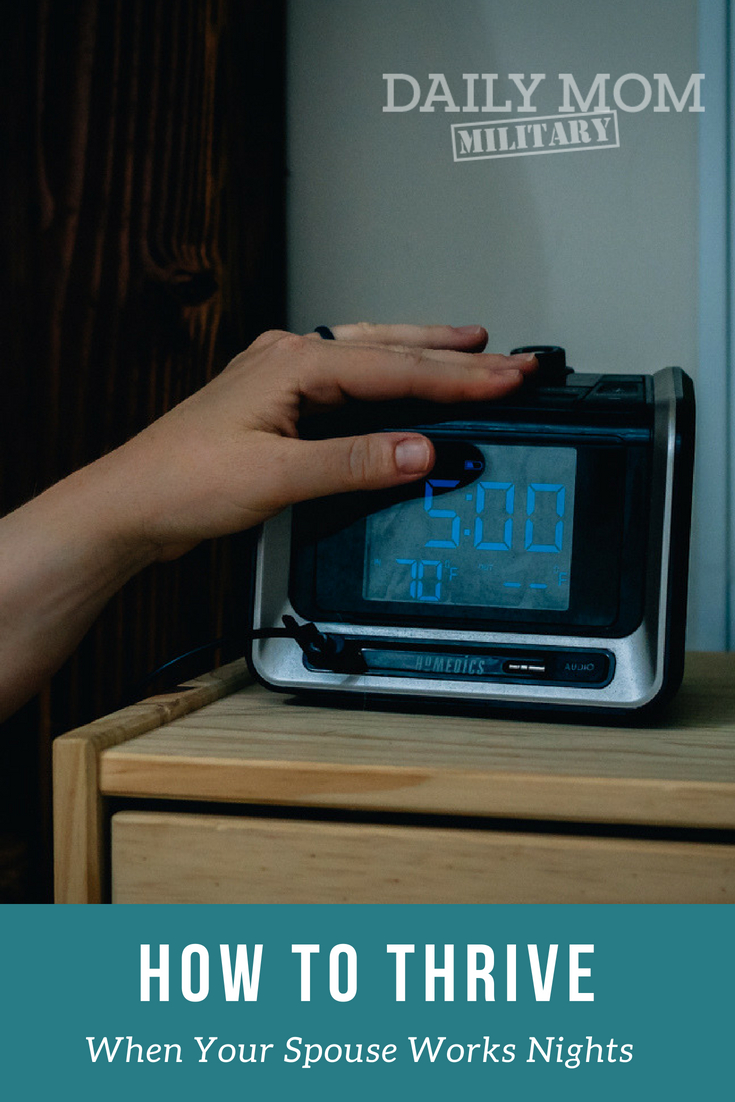When Your Spouse Works From Home And You Don't

The aroma of freshly brewed coffee mingles with the tapping of keyboards, a familiar soundtrack in millions of homes across the nation. While the work-from-home revolution has offered undeniable benefits – flexibility, reduced commute times, and increased autonomy – it has also subtly reshaped the dynamics of many marriages, particularly when only one spouse enjoys its perks.
This disparity in work arrangements can lead to a complex interplay of emotions, logistical challenges, and renegotiated household roles, requiring couples to navigate uncharted territory. Understanding these nuances is crucial for maintaining a harmonious and thriving partnership.
The Shifting Sands of Domestic Life
The core issue stems from the differing realities each spouse experiences. The remote worker often finds themselves in a blurred space, simultaneously present at home but mentally engaged in their professional duties. This "always-on" mentality can create a sense of distance or even resentment from the spouse who physically leaves for work each day.
“There’s this assumption that because I’m home, I’m readily available for errands, childcare, or household tasks,” says Sarah Miller, a teacher whose husband, David, works remotely as a software engineer. "It's like my work is considered less 'real' because it happens outside the house."
Navigating Logistical Hurdles
Beyond emotional strains, logistical challenges abound. A recent study by Pew Research Center highlighted that households with remote workers often experience increased demands on shared resources, such as internet bandwidth and workspace. This can lead to conflict and frustration, especially in smaller living spaces.
Shared responsibilities also come under scrutiny. A spouse commuting to work might feel burdened by the perceived inequality in household chores, believing the remote worker has more time to contribute.
“We found that clear communication about division of labor is crucial,” explains Dr. Emily Carter, a relationship therapist specializing in work-life balance. “Couples need to actively discuss expectations and revisit them regularly.”
Communication is Key
Experts emphasize the importance of open and honest communication to bridge the gap between differing work experiences. This includes acknowledging the challenges each spouse faces and validating their feelings.
Active listening and empathy are essential tools. Instead of assuming the remote worker has an easy day, the commuting spouse should inquire about their workload and stressors. Similarly, the remote worker should be mindful of the demands of their partner's job and the added burden of commuting.
Establishing clear boundaries is another crucial element. The remote worker needs to communicate their availability for interruptions and set aside dedicated work hours. The commuting spouse needs to respect those boundaries and avoid treating the home as a day care or errand service during work hours.
Re-Evaluating Household Roles
The changing dynamics often necessitate a re-evaluation of household roles.
“It’s not about equal division, but about fair division,”suggests Dr. Carter. This might involve outsourcing certain tasks, such as cleaning or meal preparation, or finding creative ways to share responsibilities based on individual skills and availability.
Technology can also play a role in streamlining household management. Shared calendars, task management apps, and automated bill payment systems can help reduce friction and ensure that both spouses are aware of their responsibilities.
Looking Ahead: Building a Stronger Partnership
While the challenges of navigating a dual-work-arrangement household are real, they also present an opportunity for couples to strengthen their bond. By embracing open communication, establishing clear boundaries, and re-evaluating household roles, couples can create a more balanced and fulfilling partnership. According to data from The Bureau of Labor Statistics, remote work is projected to continue increasing in the coming years, making it more important than ever to develop effective strategies for navigating these unique challenges.
Ultimately, the key lies in recognizing that both spouses are working towards a common goal – a happy and thriving life together. By supporting each other's professional endeavors and actively addressing the challenges that arise, couples can not only survive but thrive in this new era of work.











![When Your Spouse Works From Home And You Don't [UPDATED] Professional Captions - 403+ Work From Home Quotes And](https://metromag.com/wp-content/uploads/2023/07/make-sure-you-have-the-right-tools-for-working-from-home-before-you-get-started.jpg)






